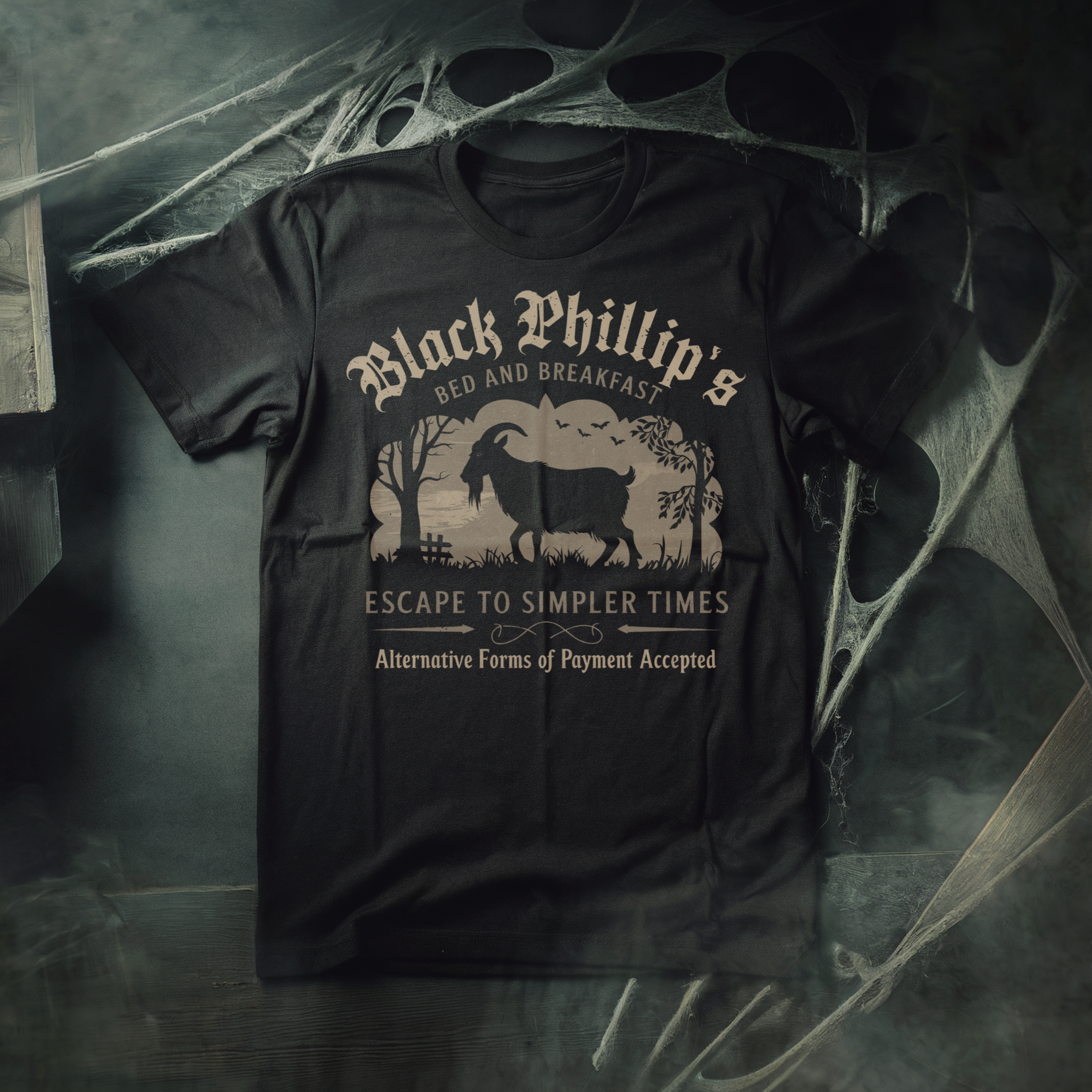Bringing back a beloved series like Rod Serling’s The Twilight Zone is bound to be met with mixed reviews. Anyone who’s tried revive the show in the past — the middle-of-the-road 1980s version along with the panned 2000s update — has had to deal with incessant comparisons to the original. Jordan Peele knows this fact all too well. When his reboot finished its inaugural season last year, critics and audiences were largely underwhelmed. A recurring criticism was the show’s noisy delivery of social messages. The art of storytelling was simply lost.
That being said, the first season’s finale “Blurryman” gave wary viewers hope that, if given another try, the new Twilight Zone would ease up on everything that made it so divisive. Did they make good on their promise, though?
The incredible hype over Peele’s modernization was inescapable not too long ago. That may be why so many felt let down or confused. This time around, the fanfare was comparatively smaller. There was, without a doubt, far less excitement going into the second season. Which is a shame seeing as it’s obvious the showrunners actively acknowledged what just didn’t work in those first ten episodes.
The sophomore season was released all at once as opposed to airing in weekly installments. This instant and uninterrupted access to the titular region works in the series’ favor. Unlike shows with continuity that really require more fan interaction and theory building, dropping Twilight Zone in one fell swoop doesn’t detract from the general experience. Rather, it’s easier to get immersed in what are honestly more engrossing stories.
The most noticeable change to the series is its execution in regards to those aforesaid social messages. Last season, the commentary was, at times, obtrusive and inelegant. It wasn’t so much the information was unimportant or shouldn’t even be included. No, the raconteurs felt more obliged to relaying these signals in hamfisted fashion instead of letting viewers perceive them organically. Refreshingly, this season’s team saw to it that the stories came first. Perhaps the most on-the-nose and topical episode would be Jennifer McGowan and Alex Rubens’ “Try, Try,” a tale emphasizing everyday misogyny. It’s not one of the season’s best, yet it’s still craftier than something like Season One’s similarly themed and incredibly clumsy “Not All Men.”
Another appreciated change is the variety in stories. Twilight Zone has always been associated with horror, but we didn’t see a lot of that last season. Here, it’s undisguised and straightforward. Glowing examples are Tayarisha Poe and Heather Anne Campbell’s “Among the Untrodden” and Justin Benson and Aaron Moorhead’s “8“. The former has a clique of mean girls dabbling in the supernatural, whereas the latter invites tentacled, aquatic terror to the franchise.
For more psychological frights, Mathias Herndl, Emily C. Chang, and Sara Amini’s “Meet in the Middle” includes a brutal finisher that audiences likely saw coming. Even so, it’s coolly handled. Ana Lily Amirpour and David Weil’s “Ovation” illuminates the cult of celebrity with commendable absurdity and alarm. The season approaches science fiction with a more traditional touch, too. Christina Choe sends us off with a bittersweet ending in “A Human Face,” a heartfelt variation on the alien invasion story.
Not every episode here is as good as the best. Alonso Alvarez-Barreda, Steven Barnes, and Tananarive Due’s “A Small Town” is particularly lacking in any sort of narrative glue and coasts on eyecatching imagery. One can’t help but feel every minute of Peter Atencio and Win Rosenfeld’s “The Who of You,” a body-switching entry that takes too long to make its point.
Peele himself offers his talent as a writer in J.D. Dillard’s “Downtime,” one of two existential stories that highlight the thin line between artificiality and reality. Osgood Perkins shows his love of triangular framing in “You Might Also Like,” the season’s wonderfully odd finale that continues the series’ tradition of callbacks to the original.
If you didn’t like the first season, it’s understandable to be hesitant about giving the show another try. But, even without expectations accurately shifted, these ten episodes are collectively more palatable. There are the occasional lows and anticlimactic conclusions; the runtimes are still a deterrent. Notwithstanding all of that, everyone involved made a conscious effort to address the flaws of the past. Their creative undertaking only makes our return to The Twilight Zone all the more rewarding.
The entirety of Season Two of The Twilight Zone is now available on CBS All Access. Share your thoughts with the Nightmare on Film Street community on Twitter, in our Official Subreddit, or in the Fiend Club Facebook Group!





![Twilight Zone Season Two Featured [Review] The TWILIGHT ZONE Reboot's Second Season Improves on the First's Weaknesses 10 Twilight Zone Season Two Featured](https://nofspodcast.com/wp-content/uploads/2020/06/Twilight-Zone-Season-Two-Featured.jpg)



